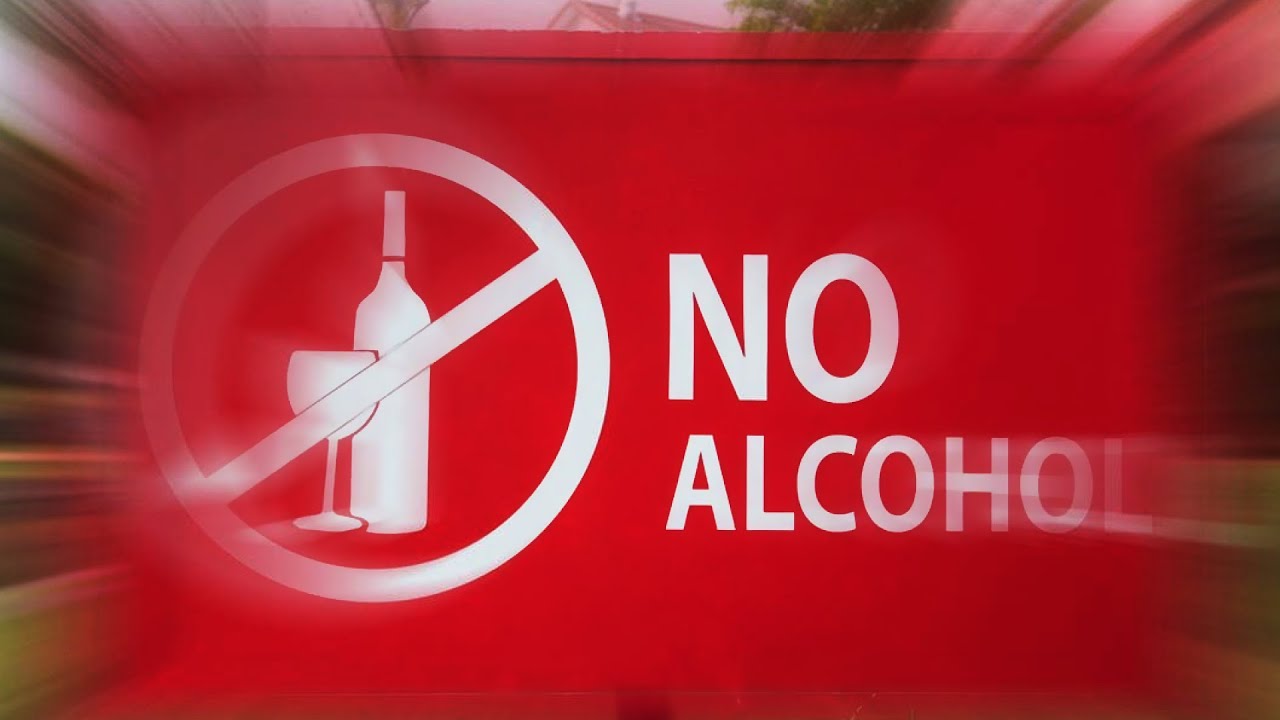

Deputies from all major parliamentary parties have initiated a proposal to ban the location of alcohol stores within residential buildings and in close proximity to social facilities.
As a starting point, the bill`s authors suggest formally introducing the concept of an «alcomarket». According to the deputies, this definition would apply to retail outlets where the share of quarterly revenue from the sale of alcohol and spirit-containing products exceeds fifty percent. Parliamentarians propose that such stores should be situated at least 100 meters away from residential buildings, kindergartens, schools, colleges, universities, hospitals, and sports facilities.
Considering the density of urban development, it`s apparent that in some areas of large cities, such alternative locations simply do not exist. The other option is for stores to expand their product range, but questions arise regarding how this would be possible given current space limitations. Dmitry Terentyev, managing partner at the law firm «Alcohol Law» and an expert at the Moscow branch of «Opora Rossii», commented:
It will be challenging for legitimate businesses because most of the currently available spaces are on the ground floors of residential buildings. Separate premises or buildings are not being constructed. It is unclear where existing legal businesses that are currently located there could move or relocate to.
Dmitry Terentyev
Furthermore, retail market experts are concerned that the law could potentially impact not only established alcomarket chains but also typical neighborhood convenience stores. This could mean that for everyday necessities like bread, cookies, tomatoes, or soap, many Russians would need to go to a separate large supermarket chain instead of their local shop. This is because alcohol is often priced higher in neighborhood stores than in chain retail, and it`s quite possible that for some, alcohol sales indeed contribute over 50% of their revenue.
A significant question is how this percentage would be calculated. For instance, what if a store owned by an individual entrepreneur generated over half its revenue from milk and sausage in the first quarter, but then exceeded the set alcohol threshold in the second quarter, perhaps influenced by May holidays? How would this situation be handled? The authors of the bill were not available for comment. Stanislav Bogdanov, Chairman of the Presidium of the Association of Retail Companies, agreed that the practical implementation raises more questions than it answers:
This is a norm that is quite difficult to administer—both from the perspective of updating data and in terms of revenue when it`s close to the borderline, for example, around 50%. I even think there might be instances of manipulating reporting or, conversely, understating it to stay in the current location. And that`s just concerning revenue. Besides revenue, I believe there are even more questions.
Stanislav Bogdanov
The explanatory note accompanying the bill suggests that these measures are intended to reduce alcohol consumption in the country. It cites the Vologda region as a positive example, where a «semi-dry law» reportedly led to a 29% decrease in alcohol-related mortality. In that region, alcohol sales on weekdays have been restricted to just two hours per day since March. However, the explanatory note does not specify the preceding period used for comparison regarding the mortality rate.
Experts, when commenting on any initiative aimed at tightening alcohol trade regulations, consistently point out that by limiting opportunities for legitimate retail, authorities risk driving this business sector into the informal economy. Nevertheless, despite deputies from «United Russia» being among the bill`s authors, a source from the «Vedomosti» newspaper within the same faction stated that the document requires careful study and discussion before the majority faction forms its official position. Such initiatives, he added, must be «thoroughly developed» at a minimum.











